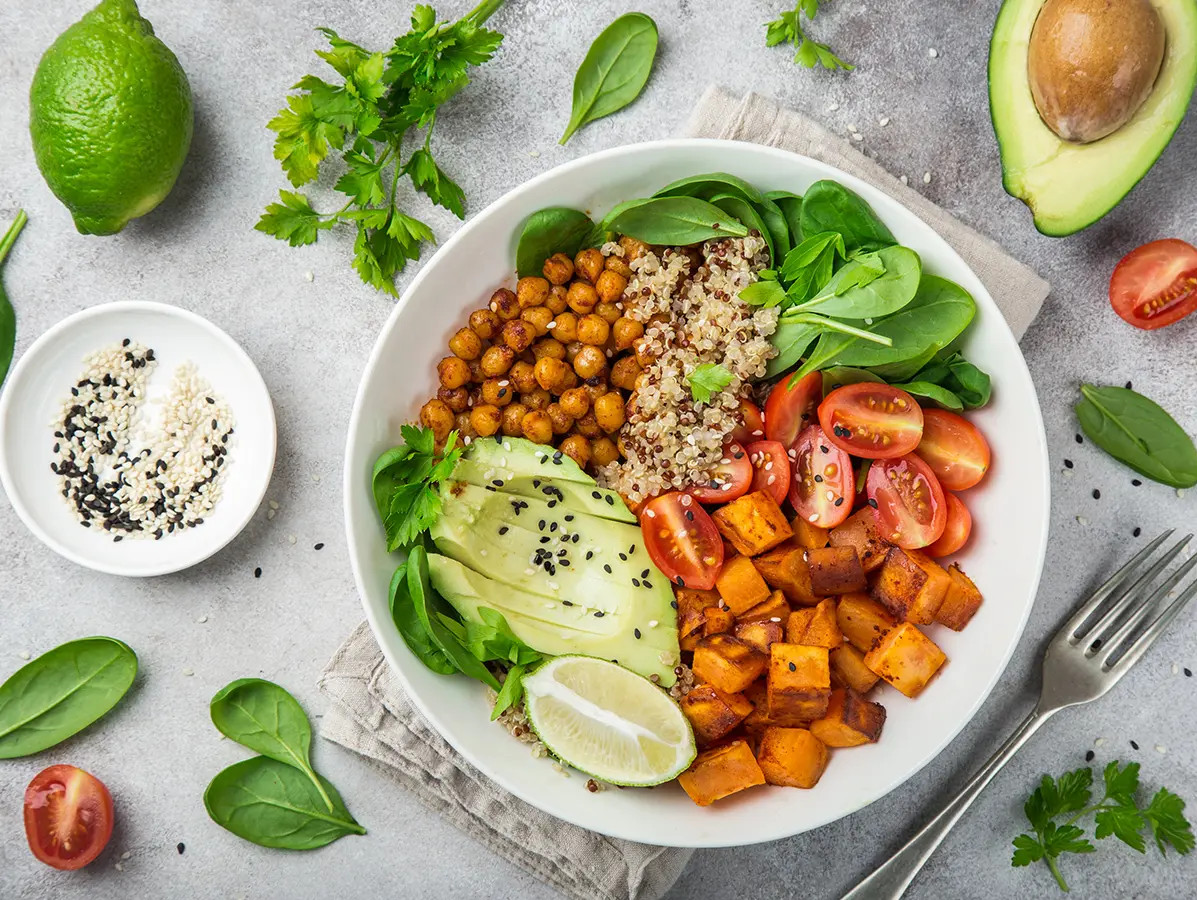
The vegetarian and vegan market is constantly evolving. According to the Vegetariërsbond, seven key trends will influence the Dutch food industry in 2025. These predictions are based on the Vegamonitor and insights from the V-Label team.
In 2024, the average Dutch person consumed 75 kilos of meat per year, compared to 79 kilos in 2010. Despite the growing number of meat reducers, the decline in meat consumption remains gradual. 46% of Dutch people do not eat meat at least three days a week. Young women play a key role in this shift, with 28% regularly opting for vegetarian products.
The demand for plant-based alternatives to fish, such as salmon and tuna, is increasing rapidly. This growth is driven primarily by European flexitarians. In 2025, the V-Label approved several new products, including KIPS’ plant-based tuna and salmon spreads.
The market for plant-based milk continues to grow steadily. In 2023 and early 2024, sales increased by 8.2% compared to 2022. Oat-based drinks dominate the market, accounting for 42% of sales. Regional differences remain, with West Netherlands showing more acceptance of plant-based dairy than the northern regions.
Although many cleaning products still contain animal-derived ingredients, the market for vegan alternatives is expanding. Zo Schoon introduced new vegan products in 2024, and more manufacturers are expected to follow in 2025.
The demand for vegetarian and vegan supplements is growing, partly due to the focus on sports nutrition. Lidl launched the ‘healthy fit’ range, featuring protein-rich products certified with the V-Label. Children’s vitamins, like Vegan Boost Kids, are also gaining popularity.
While meat substitutes are considered highly processed products, manufacturers are working to improve their nutritional value. Vivera aims for 80% of its products to achieve a Nutriscore A or B by 2030. Garden Gourmet is already making progress, with much of its range scoring Nutriscore A.
Beans and legumes are broadly accepted as meat substitutes. Only 12.9% of Dutch people feel they do not fit their lifestyle. A significant 65.9% say they would choose beans or legumes on meat-free days.
Source: Vegetariërsbond